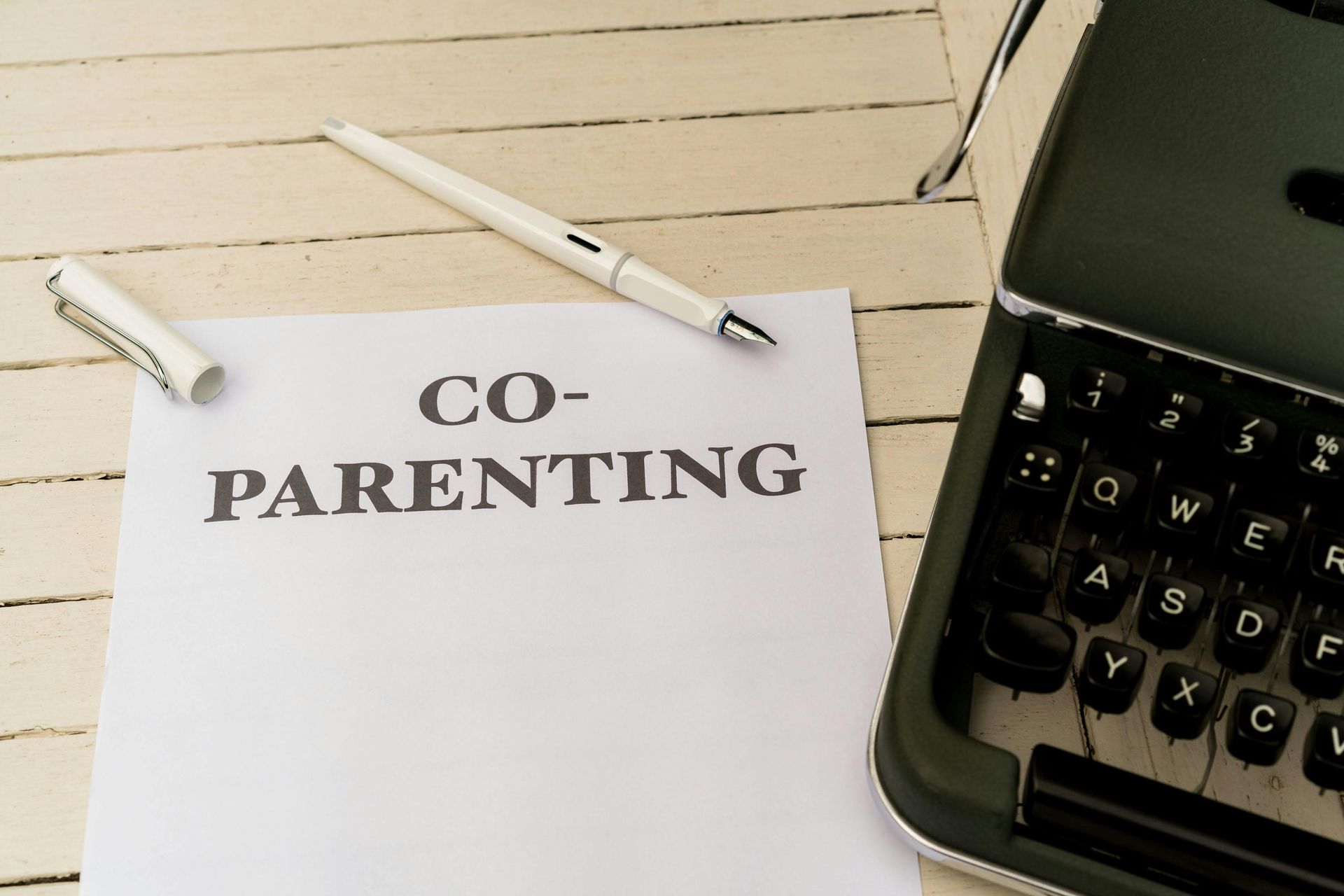When a Family Lawyer in the U.S. Might Have a Conflict of Interest in Representing a Client in Court
Family law cases are often complex, highly emotional, and deeply personal. Because of this, it’s critical that clients feel their lawyer is fully dedicated to their case and acting in their best interest. However, there are situations where a family lawyer in the U.S. may face a conflict of interest that prevents them from effectively or ethically representing a client. Understanding these situations can help individuals protect their rights, ensure fairness, and recognize when they may need to seek different legal counsel.
In this blog, we’ll explore what constitutes a conflict of interest, the rules lawyers must follow, common examples in family law, and what you can do if you believe your lawyer has a conflict.
---
What is a Conflict of Interest in Family Law?
A conflict of interest arises when a lawyer’s ability to represent a client is compromised by competing duties, relationships, or interests. In other words, if a lawyer cannot provide loyal, unbiased, and zealous representation because of divided obligations, a conflict exists.
In the United States, lawyers are bound by the American Bar Association (ABA) Model Rules of Professional Conduct, as well as state-specific rules of ethics. These rules make it clear that attorneys must avoid situations where their representation would be materially limited by their own interests or responsibilities to another client, a former client, or even their personal relationships.
---
Why Conflicts of Interest Matter in Family Law
Family law disputes—such as divorce, child custody, alimony, and property division—are often emotionally charged. Clients rely on their lawyer not only for legal guidance but also for trust and confidence during difficult times.
If a lawyer has a conflict of interest, it can:
· Undermine trust between the lawyer and client.
· Jeopardize confidentiality if sensitive information overlaps between clients.
· Affect strategy or advocacy, as the lawyer may hold back to avoid harming another client.
· Lead to ethical violations, disciplinary action, or even the disqualification of the lawyer from the case.
Ultimately, conflicts of interest threaten the fairness of the legal process and can seriously harm a client’s case.
---
Common Situations Where a Family Lawyer Might Have a Conflict of Interest
1. Representing Both Spouses in a Divorce
One of the most obvious conflicts of interest in family law arises when a lawyer attempts to represent both spouses in a divorce. Even in an uncontested divorce where the couple agrees on most issues, their interests are inherently opposed. A lawyer cannot ethically serve two clients who may have competing goals regarding custody, property, or finances.
Some states allow a lawyer to act as a neutral mediator between spouses, but this is very different from representation. Mediation requires full disclosure that the lawyer does not represent either party and cannot provide legal advice to one against the other.
---
2. Representing a Client Against a Former Client
A lawyer may face a conflict if they represent a new client in a matter directly adverse to a former client. For example:
· If a lawyer previously represented a spouse in drafting a prenuptial agreement, they may be conflicted out of representing the other spouse in a later divorce.
· If a lawyer once advised a parent about child custody issues, they likely cannot represent the other parent in a custody battle involving the same child.
This is because the lawyer may have gained confidential information during the prior representation that could unfairly benefit the new client.
---
3. Multiple Clients in Related Family Matters
Conflicts can also arise when a lawyer represents multiple family members with intertwined legal issues. For example:
· Representing both a parent and a grandparent in a custody or guardianship dispute.
· Representing two siblings in disputes over inheritance or property division.
· Representing one spouse in divorce proceedings while also representing a business jointly owned by both spouses.
In these situations, the lawyer’s ability to advocate for one client may directly harm another client’s interests.
---
4. Business or Financial Relationships with a Client
A lawyer’s personal financial interests can create a conflict. For instance:
· If a lawyer has a financial stake in a business that is subject to division in a divorce, their judgment may be clouded.
· If a lawyer has previously entered into business with a client, disputes involving that business could compromise their impartiality.
Family lawyers must avoid situations where their financial interests could interfere with their duty to the client.
---
5. Personal Relationships and Bias
Personal relationships can also create conflicts. Examples include:
· A lawyer being personally close friends with the opposing party.
· A lawyer having a romantic relationship with a client, which could impair judgment.
· A lawyer representing a client in a case where another family member of the lawyer is involved.
Even if no confidential information is at risk, the appearance of bias can be enough to create an ethical problem.
---
6. Lawyers Switching Firms
Conflicts sometimes arise when a lawyer changes law firms. If a lawyer moves to a new firm that is handling a case against their former client, the new firm may also be restricted—especially if the lawyer had access to confidential information about the former client’s case.
Law firms often use “ethical walls” to separate lawyers from cases that could pose a conflict, but this is closely regulated and must be done carefully.
---
Can a Client Consent to a Conflict of Interest?
In some cases, conflicts of interest can be waived with informed consent. This means that if both parties fully understand the situation and agree in writing, a lawyer may continue representation despite a potential conflict.
For example, if a lawyer previously represented a couple in drafting a will and later represents one spouse in an unrelated matter, the other spouse may consent to the representation.
However, certain conflicts cannot be waived—especially when representation would directly pit two current clients against each other, such as in a divorce.
---
What Happens if a Conflict is Discovered?
If a conflict of interest is discovered, the lawyer may have to:
1. Disclose the conflict to the client(s).
2. Seek consent where ethically allowed.
3. Withdraw from representation if the conflict cannot be resolved.
In some cases, courts may order a lawyer to disqualify themselves from a case if a conflict undermines fairness.
---
What Should You Do if You Suspect a Conflict of Interest?
If you believe your family lawyer has a conflict of interest, you should:
· Raise your concern immediately. Ask your lawyer to explain any potential conflict.
· Request full disclosure. Lawyers are required to inform clients of any situation that could materially affect representation.
· Seek independent legal advice. If you are unsure whether a conflict exists, another lawyer can review the facts.
· File a complaint with your state bar association if you believe the lawyer acted unethically.
Your right to fair and undivided representation is fundamental, and you should not hesitate to protect it.
More Family Law Blogs
by Anne Harvey









